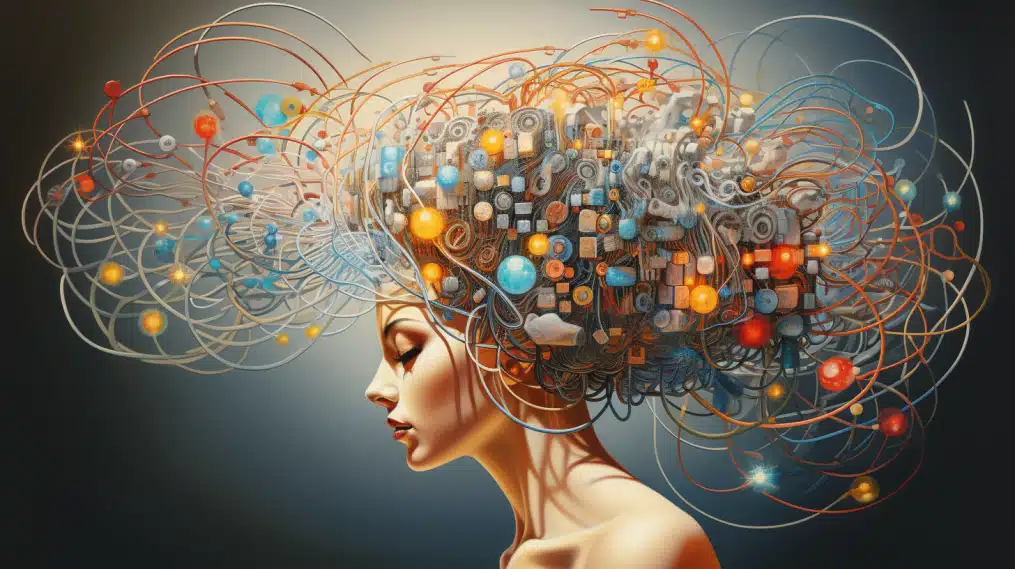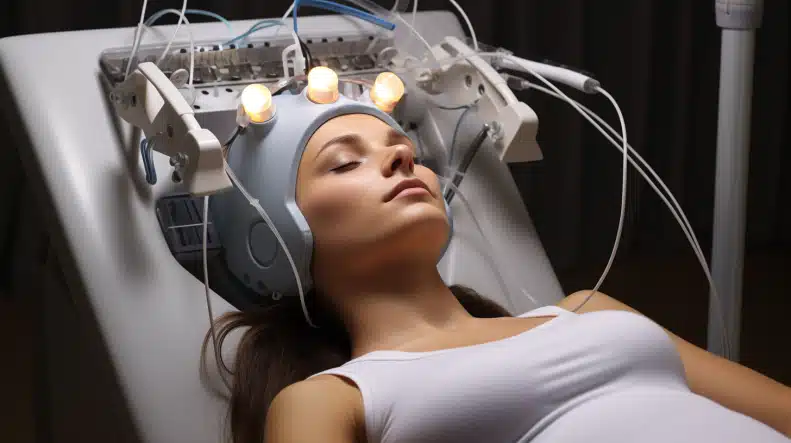tDCS of the DLPFC Treats Anhedonia in Depression & Improves Social Functioning (2024 Study)
In the quest to find more effective treatments for depression, particularly the challenging symptom of anhedonia, Transcranial Direct Current Stimulation (tDCS) emerges as a promising option. This non-invasive brain stimulation technique targets specific brain regions to modulate activity and potentially alleviate symptoms. A recent study has shed light on the efficacy and safety of targeting …





